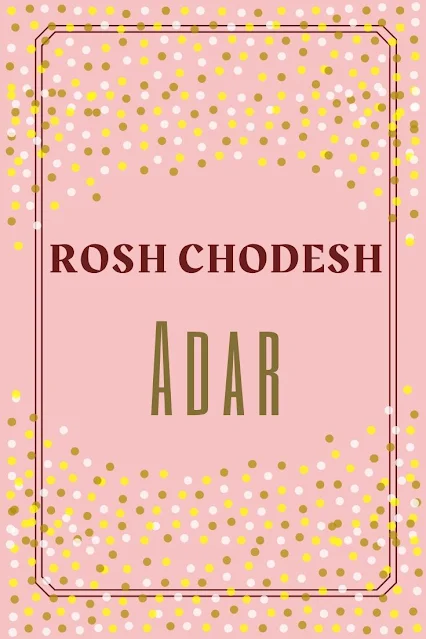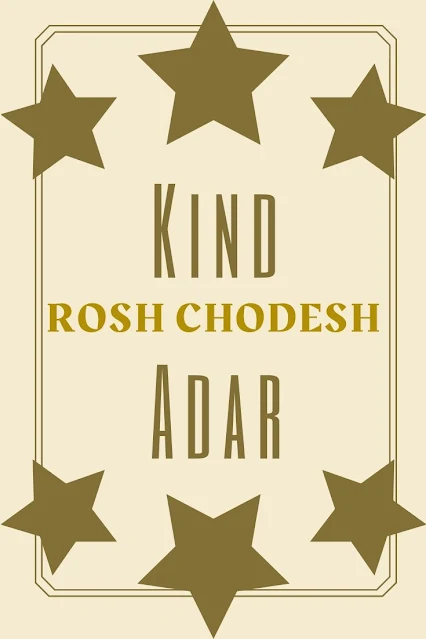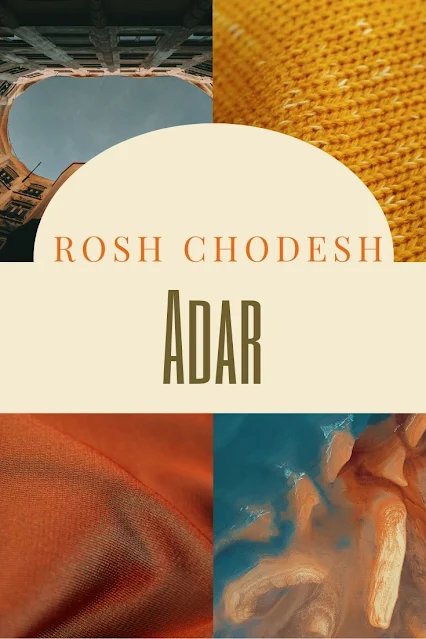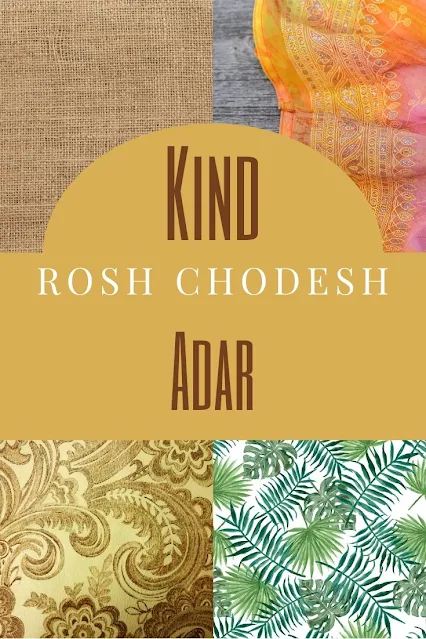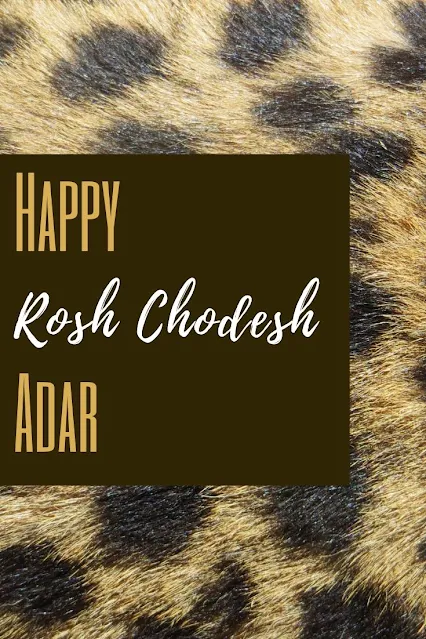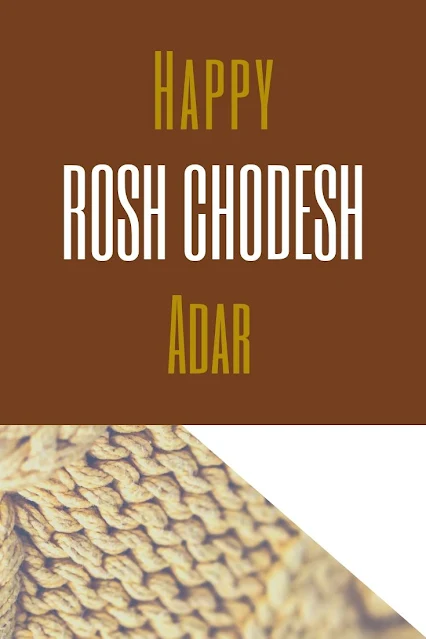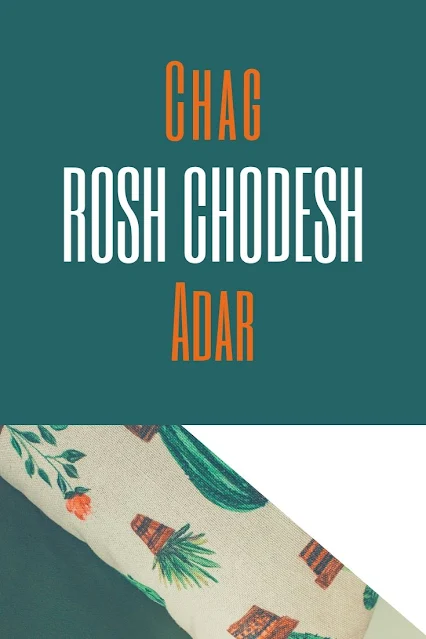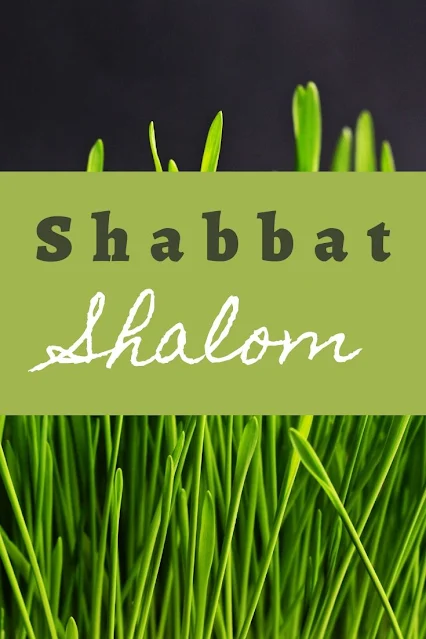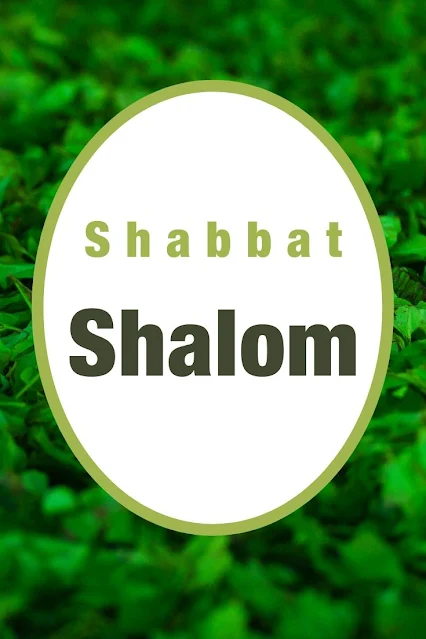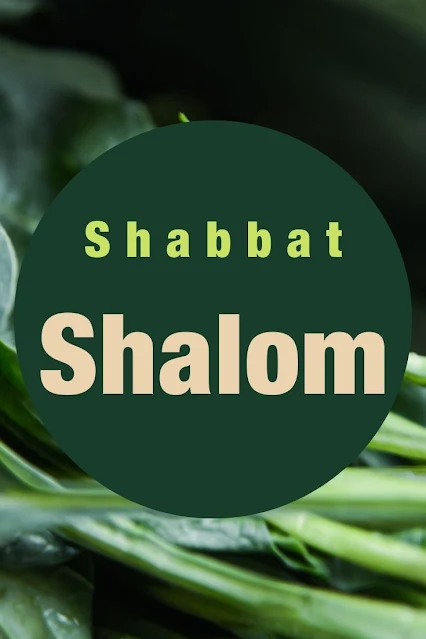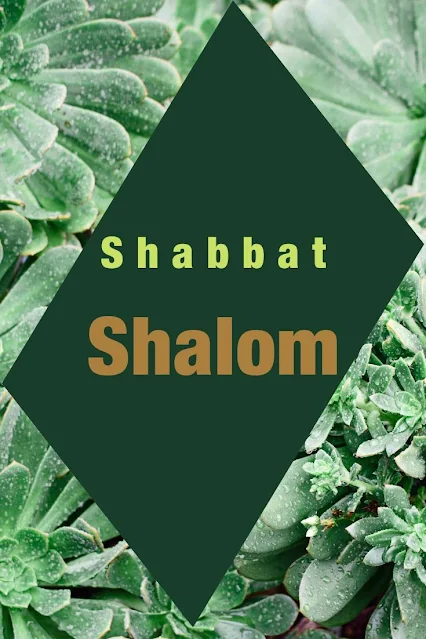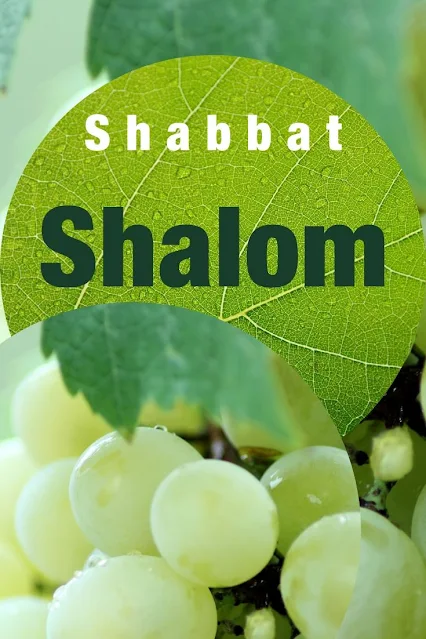What Are The Different Types Of Kosher Foods?
Kosher foods are those that conform to the dietary regulations of Judaism. These foods must be prepared in a certain way and only certain ingredients may be used. There are three main categories of kosher foods: meat, dairy, and pareve.
Introducing Kosher Foods
Kosher foods are those that comply with the strict dietary guidelines of Jewish law. These guidelines are known as kashrut, and they govern what foods can and cannot be eaten, how they must be prepared, and more.
There are three main categories of kosher foods: meat, dairy, and pareve. Meat must come from animals that have been slaughtered in a certain way and are free from blemishes or defects. Dairy products must be made from milk that has been taken from kosher animals and has not been mixed with meat products. Pareve foods are those that are neither meat nor dairy, such as fruits, vegetables, and grains.
Kosher foods can be found in many grocery stores, as well as specialty markets that sell only kosher products. There are also a number of kosher restaurants and catering companies that can provide meals that meet the kashrut guidelines.
The Different Types of Kosher Foods
There are different types of kosher foods, which are determined by the ingredients used and the way the food is prepared. Some of the most common types of kosher foods are dairy, poultry, and fish. Dairy products are made from milk and milk products, and are considered kosher if they are prepared in a certain way. Poultry products are also considered kosher if they are prepared in a certain way. Fish products are considered kosher if they do not contain any non-kosher ingredients and are prepared in a certain way.
How to Choose the Right Kosher Food for You
Different people have different dietary needs, and there is no single right way to eat kosher. Some people keep a strictly kosher home and only eat kosher foods when they are out, while others are more flexible and may choose to eat non-kosher foods when they are dining out or traveling. Still others keep a kosher home but are willing to eat non-kosher foods when they are with friends or at a business lunch.
When choosing kosher foods, it is important to consider your own dietary needs and restrictions. If you have food allergies or sensitivities, you will need to make sure that the foods you eat are safe for you. If you are on a special diet, such as a low-sodium diet, you will need to find foods that fit your needs.
There are many different types of kosher foods available, so you should be able to find something that you like. Many supermarkets now have a kosher section, and there are also specialty kosher stores that sell only kosher foods. You can also find kosher foods online.
When choosing kosher foods, it is important to read the labels carefully. Some kosher foods are made with non-kosher ingredients, so you need to make sure that the food you are eating is truly kosher. In addition, some kosher foods are not suitable for all people. For example, kosher meat is not suitable for vegetarians.
If you are not sure what type of kosher food is right for you, you can ask a rabbi or other kosher expert. They can help you choose the right foods for your needs and can answer any questions you have about keeping kosher.
The Benefits of Eating Kosher Foods
There are many benefits to eating kosher foods. For one, kosher foods are held to a higher standard of cleanliness and safety. They are also often more nutritious, since they are made with fresh ingredients and without preservatives.
Kosher foods are also more flavorful, since they are made with natural ingredients and without artificial flavors or colors. This is because kosher law prohibits the use of certain chemicals and additives in food.
In addition, eating kosher foods can be a way to connect with your heritage and culture. For many people, kosher food is a reminder of their ancestors and a way to connect with their roots.
Finally, eating kosher can be a way to show respect for religious beliefs. For many people of the Jewish faith, eating kosher is a way to show respect for God's laws.
The Top 9 Kosher Foods to Try
There are many kosher foods that are worth trying, but these 9 foods are some of the best.
1. Challah – This traditional Jewish bread is often braided and has a delicious, slightly sweet flavor.
2. Gefilte fish – This popular dish is made from fish that has been ground up and mixed with eggs and matzo meal. It is usually served cold with horseradish.
3. Kugel – This casserole-like dish is made from noodles or potatoes and is often served as a side dish.
4. Matzo – This unleavened bread is a staple of the Passover holiday, but it can be eaten year-round.
5. Pastrami – This cured and smoked meat is usually made from beef, but it can also be made from turkey or lamb.
6. Rugelach – These crescent-shaped cookies are made with a cream cheese dough and are often filled with fruit or nuts.
7. Shakshuka – This egg and vegetable dish is popular in Israel and is often served for breakfast or dinner.
8. Strudel – This dessert is made with a thin dough that is filled with sweet or savory filling and then rolled up and baked.
9. Tzimmes – This sweet and hearty dish is made with carrots, sweet potatoes, and sometimes prunes.
These are just a few of the many delicious kosher foods that are worth trying. Whether you keep kosher or not, these foods are sure to please.

















